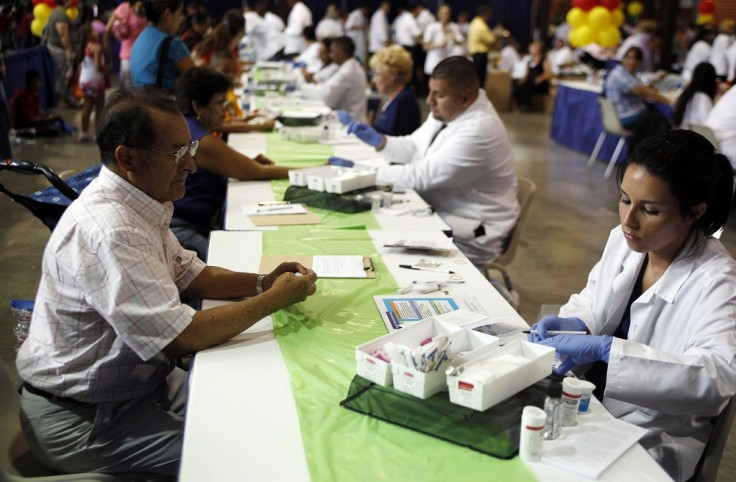Russian introduces concept of a device that eats up bad cholesterol in arteries

An unnamed Russian scientist has introduced the concept of a device that attaches to the wall of the artery. It would first stop blood flow to the area to prevent breakaway plaque. A drill would then scrape the plaque from the artery wall.
The procedure of treating plaque buildup could include bypass surgery, stent replacement and balloon angioplasty. Since the plaques are of different types and locations in the body, the inventor proposed using different types of cutting mills, reports Tech Insider.
The cholesterol deposits would then be collected to prevent clots and other complications. After the plaque deposits are removed, the device is retracted and normal blood flow would resume. To monitor the progress of the procedure, surgeons could use miniature cameras. A video of the concept, produced by Tech Insider’s Kevin Reilly, was posted on Alconost Tube, a Russian video sharing site.
The device, if a pharmaceutical company would make it, would help save lives of millions of people with high levels of cholesterol which narrows the arteries and places a person at risk of stroke and other cardiovascular ailments. In the US, the number of people with high levels of bad cholesterol is estimated at 73 million, while it is 5.6 million in Australia in 2011-2012, according to the Australian Bureau of Statistics.
Bad cholesterol and sugar are now the targets of the updated Dietary Guidelines for American 2015 report released this January by the US Department of Agriculture. The updated guidelines removed the daily limit on cholesterol intake of 300 milligrammes a day, which makes eggs, butter, nuts and coconut oil and meat as safe for human consumption.
In November, researchers proposed a vaccine as an alternative to statins to reduce levels of bad cholesterol. The vaccine would target the protein PCSK9 that regulates cholesterol in the blood. It would encourage the body to break down receptors where cholesterol binds when flushed out of the body. Targeting the protein stops the PCSK9 from functioning which lowers the amount of cholesterol in the blood, reports Daily Mail.





















